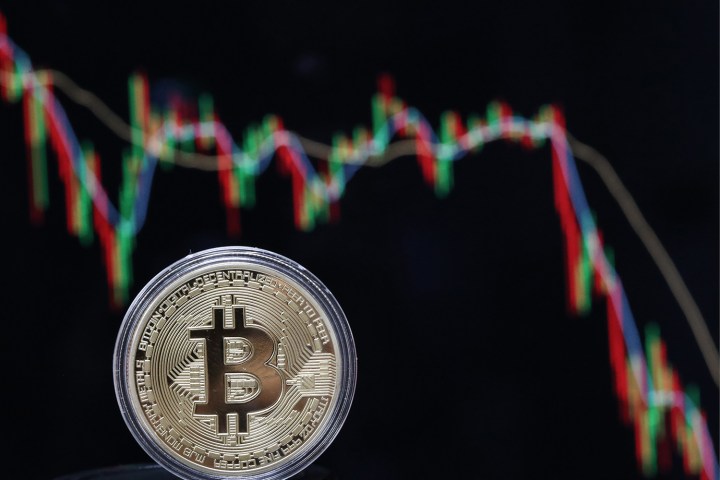
Although bitcoin and other cryptocurrency prices are regularly discussed in terms of individual token prices, the sheer number of tokens out there means that the entire market of any individual cryptocurrency can be worth billions. In the case of bitcoin, it was worth more than $200 billion at the start of 2018, but already that’s fallen to $143 billion at the time of writing. Other cryptocurrencies have been similarly impacted, though Ethereum has managed to remain in the black, despite similarly volatile peaks and troughs.
This should all come as no real surprise to long-term cryptocurrency evangelists, as the digital currencies have always been volatile in nature. It was only in 2017 that their value seemed only able to increase. Crashes have happened before, with this latest one spurred by a combination of mistaken reporting related to statements made by India’s finance minister, as well as Facebook’s announcement that it would no longer support ICO and cryptocurrency advertisements. As BusinessInsider points out, the subpoenas levied against major exchanges Bitfenix and Tether didn’t help either.
This latest crash is a big one, though. At the time of writing bitcoin has fallen to $8,500, its lowest figure since the end of November last year. However, despite all of the negativity surrounding the flagship cryptocurrency, many in bitcoin social circles claim that holding on to your coins is far better than panic selling.
They may have at least some good reasons to do so. Acceptance of bitcoin in various online outlets is only increasing and Twitter co-founder Jack Dorsey also announced just a few days ago that full bitcoin support with the Cash App. That should make it easier than ever for those without much understanding of bitcoin and other cryptocurrencies to buy their own.
As scary as the prospect of regulation can be, we don’t think it will have the teeth some fear it may develop in the future. With enough evangelists still touting bitcoin as “gold 2.0,” it seems unlikely to fall from relevance anytime soon, even if its latest bubble has well and truly burst.



